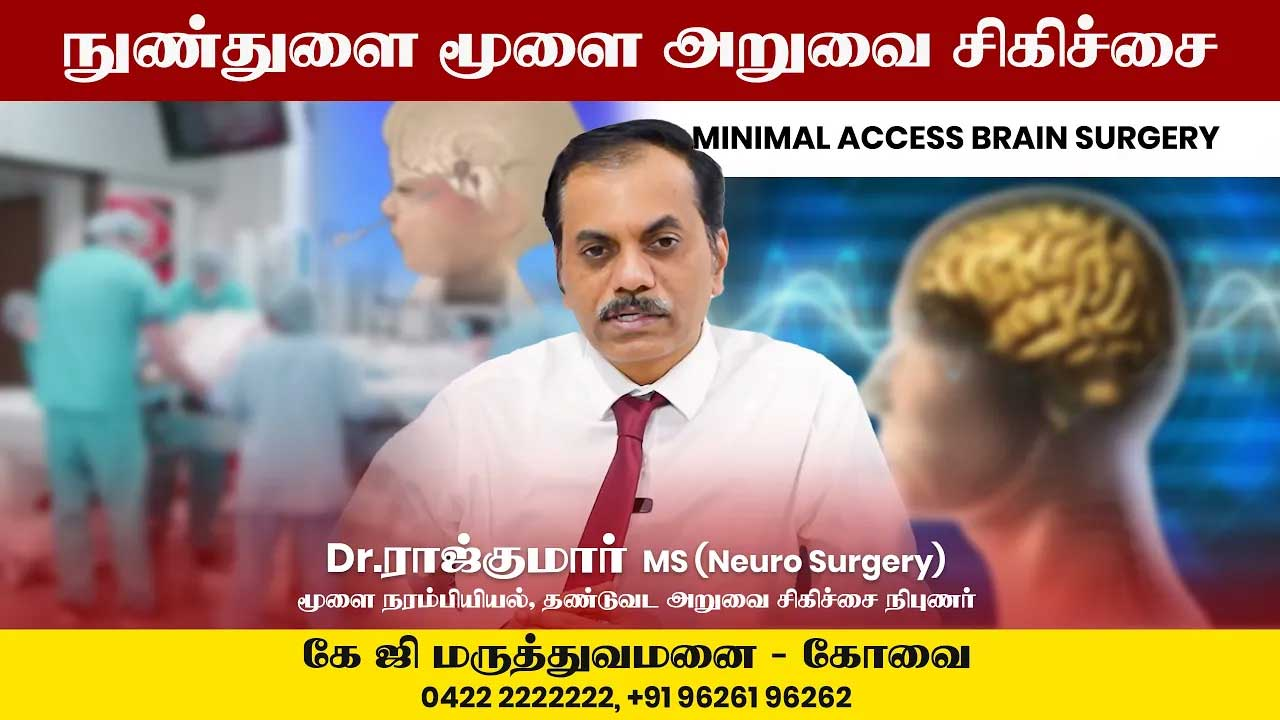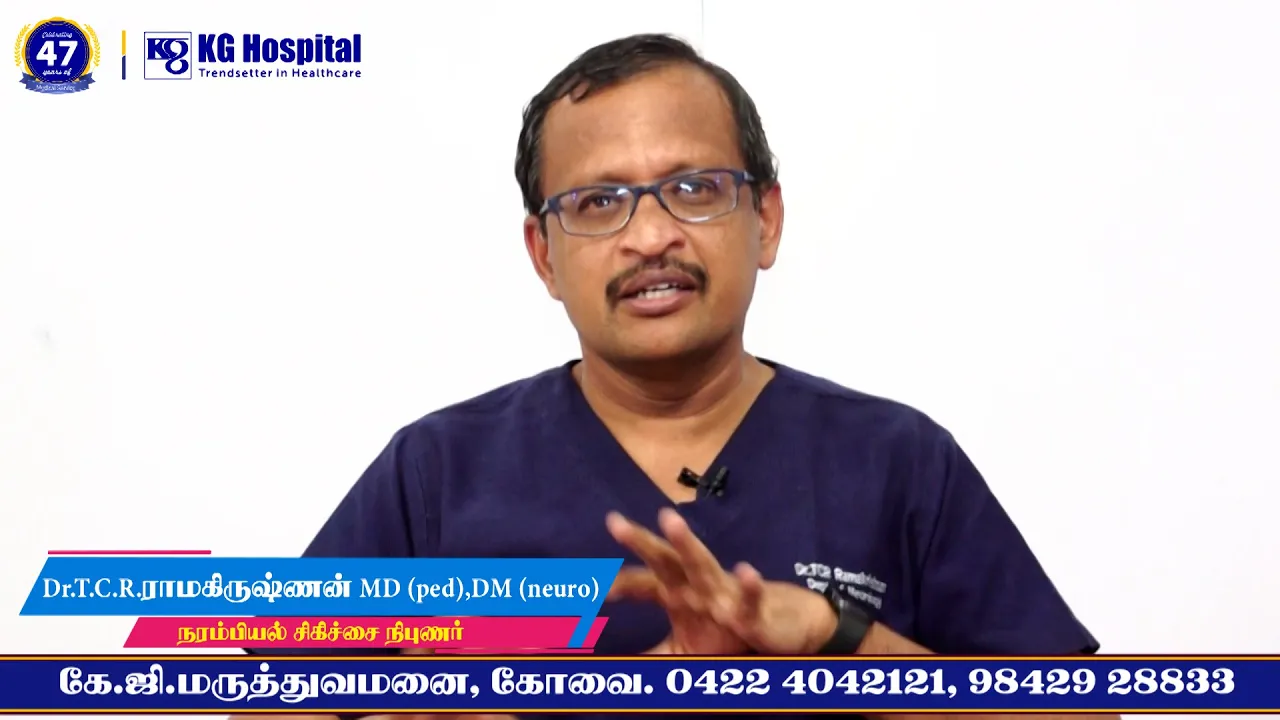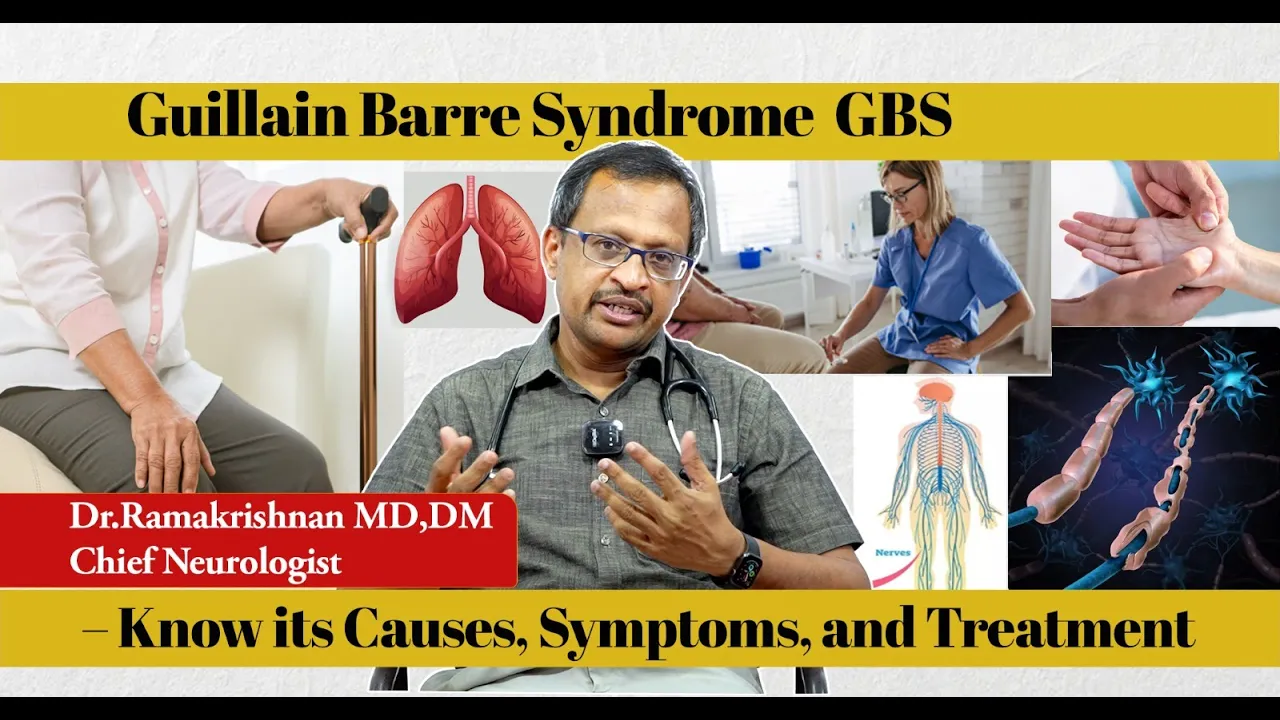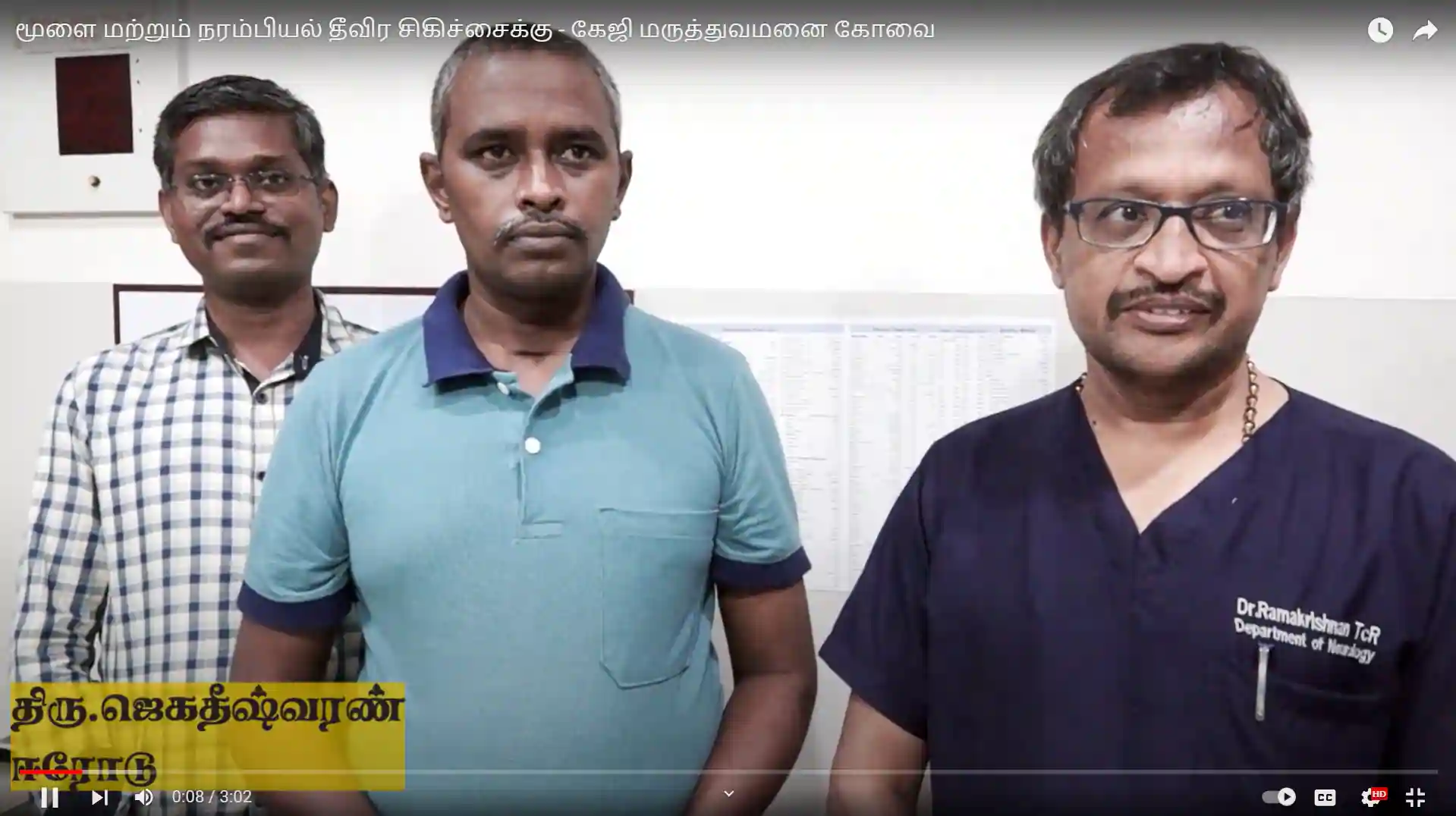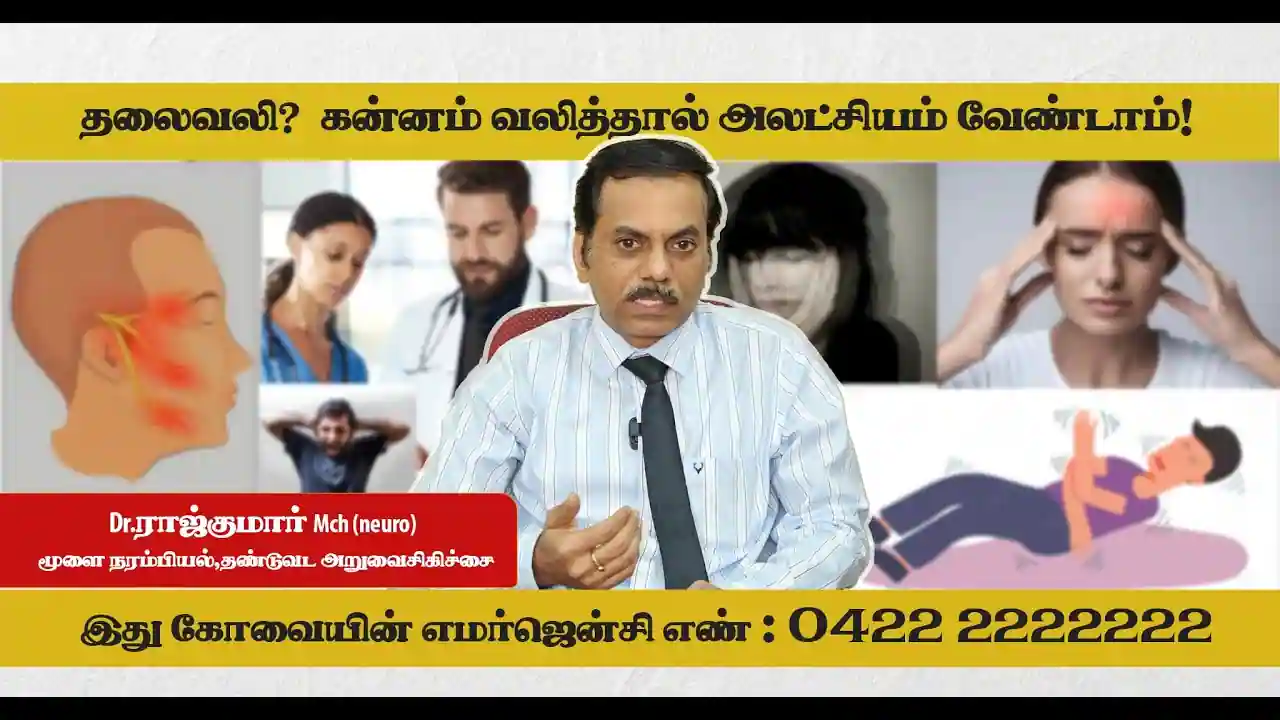-
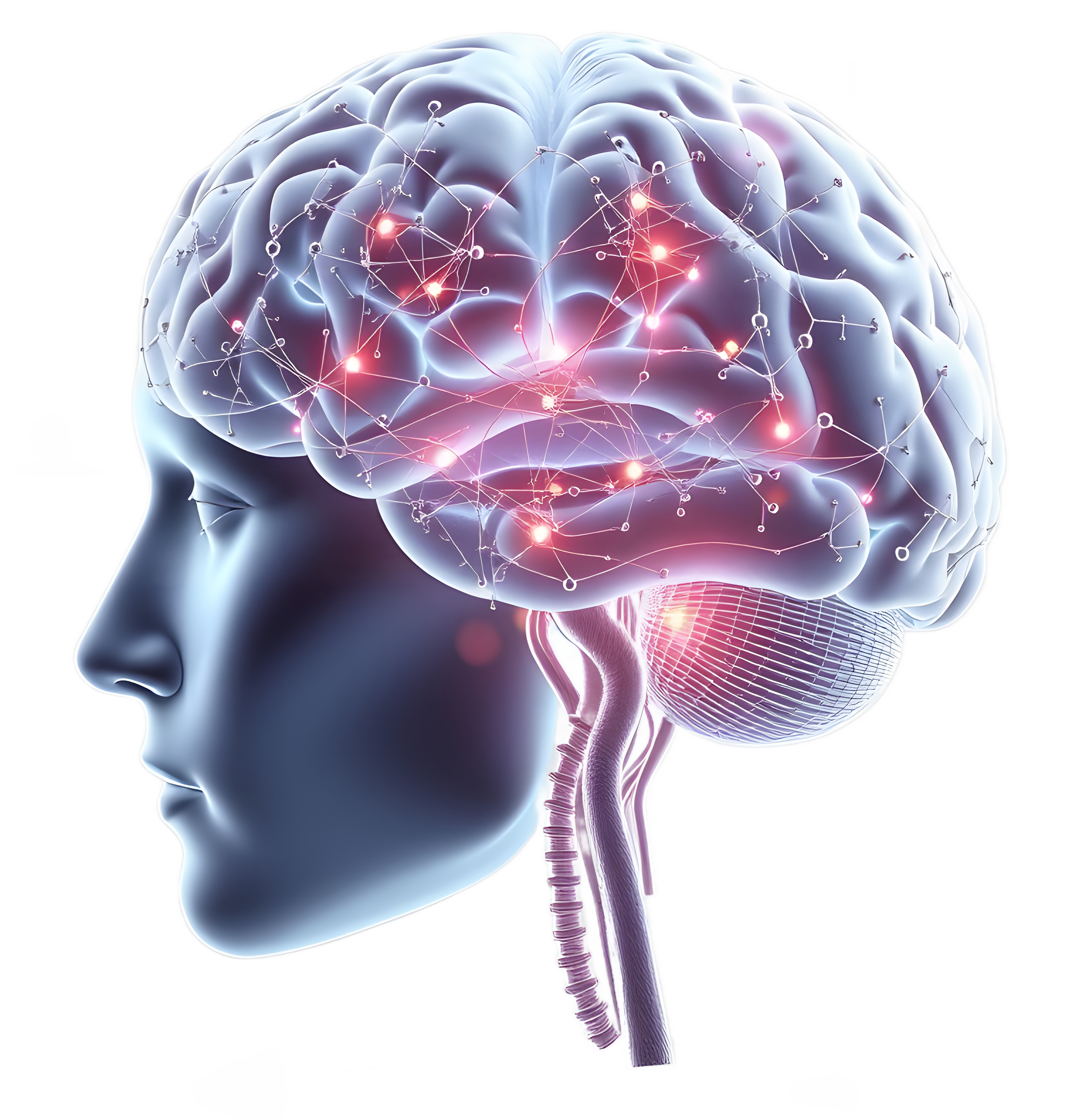
-
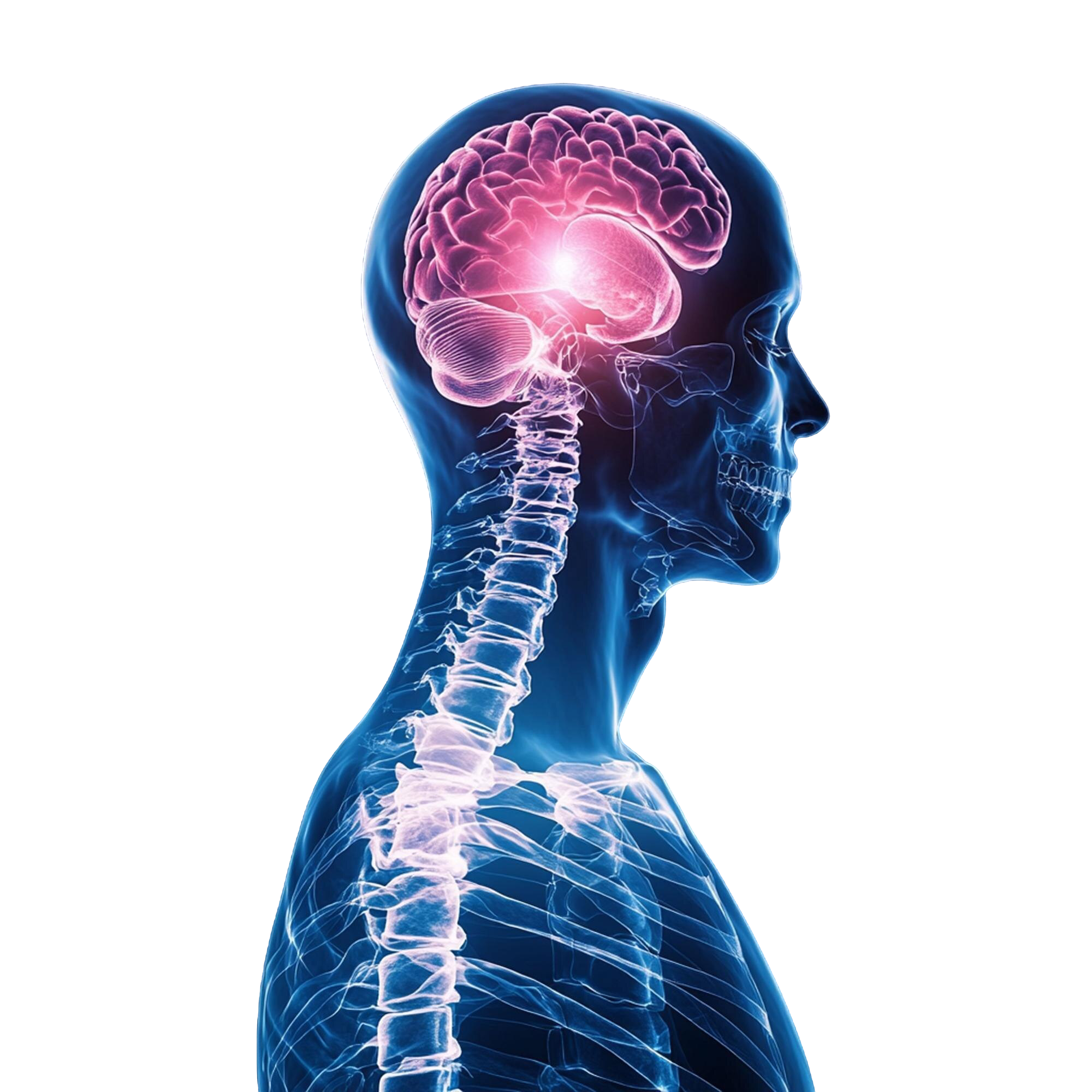
Top Neurosurgery Hospital in coimbatore
Advanced treatment for brain and spine disorders
Best Neurosurgery Hospital in Coimbatore

Neurosurgery at KG Hospital
At KG Hospital, recognized as the best neurosurgery hospital in Coimbatore we are committed to providing comprehensive neurosurgical care. Our facility is equipped with state-of-the-art technology and staffed by experienced medical professionals dedicated to personalized, result-oriented care.
Areas of Expertise
Neuro Surgery
- Stroke Management: Stroke is a life-threatening condition affecting 1 in 4 adults over 25, caused by the sudden death of brain cells due to disrupted oxygen supply. Our team specializes in brain stroke treatment and hemorrhagic stroke treatment to ensure optimal recovery.
- Hydrocephalus: A condition where cerebrospinal fluid accumulates in the brain’s ventricles, causing increased pressure on the brain.
- Traumatic Brain Injury: Complex brain injuries resulting from a violent blow, trauma, or accident, affecting various brain parts with diverse symptoms.
- Carotid Stenosis: Narrowing of the carotid artery, limiting blood flow to the brain, which can lead to severe complications.
- Brain Aneurysm: A weak spot in a brain blood vessel, which can lead to a life-threatening rupture.
- Brain Hemorrhage: A potentially fatal condition involving bleeding in the brain, often due to a ruptured aneurysm or trauma, responsible for 15-30% of stroke cases.
- Arteriovenous Malformation (AVM): A tangled connection between arteries and veins that disrupts blood flow, risking brain damage and stroke.
- Deep Brain Stimulation (DBS): An advanced treatment delivering electrical impulses to the brain for managing complex neurodegenerative conditions.
- Neurovascular Surgery: Surgery addressing complex vascular problems in the brain and spine, using both conventional and minimally invasive techniques.
- Neuroendoscopy: An advanced, minimally invasive technique using imaging guidance for neuro interventions.
- Awake Craniotomy: A surgery performed on an awake patient to treat brain tumors or manage epileptic seizures.
- Back Pain Management: Addressing a common issue affecting 84% of adults, caused by various factors, ranging from mild discomfort to severe disability.
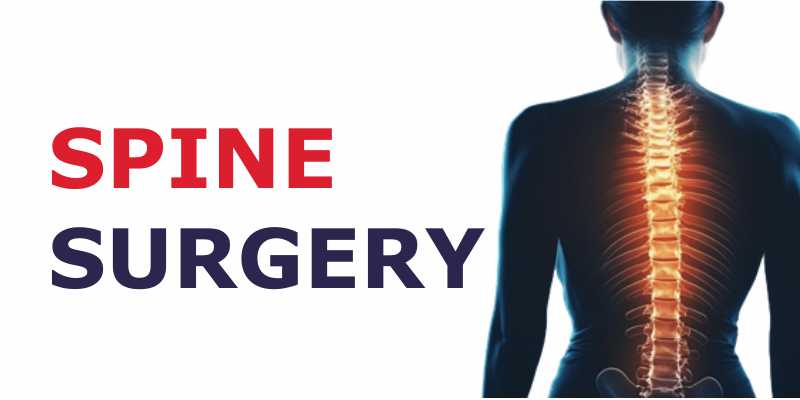
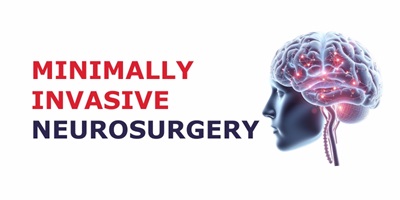

Complex Surgical Procedures
Our team regularly performs a variety of complex brain and spine surgeries, including:
Neurosurgery Procedures:- Aneurysms
- AVMs
- STA-MCA Bypass
- Moya Moya Disease
- CP Angle Lesions
- Skull Base Lesions
- Posterior Third Ventricular Lesions
- Intraventricular Lesions
- Thalamic and Brain Stem Lesions
- Insular Gliomas
- Awake Craniotomy for lesions near eloquent cortex
- Posterior Fossa Lesions
- Pituitary Adenomas and Suprasellar Lesions
- All other intracranial tumors (e.g., glioma, meningioma, hemangioblastoma)
- Epilepsy Surgery
- Carotid Endarterectomy
- Trigeminal Neuralgia and Hemifacial Spasm
- Endoscopic Third Ventriculostomy
- Endoscopic Skull Base Surgery
- Craniostenosis
- Head Injuries
- Intracranial Hematomas
- CV Junction Anomalies
- TB Spine
- Spinal Tumors (extradural, intradural)
- Spinal Trauma
- Spondylolisthesis
- Lumbar, Dorsal, and Cervical PIVD
- Lumbar, Dorsal, and Cervical Canal Stenosis
- Arnold Chiari Malformations and Syringomyelia
- Meningomyelocele and Tethered Cord
- Endoscopic and Minimally Invasive Spine Surgeries
Infrastructure
The Neurosciences Department at KG Hospital is equipped with:
- Spacious outpatient department
- Dedicated neurosurgery operation theater
- Advanced Microscope (TIVATO 700)
- Stryker Neuro-navigation system
- Dedicated C-arm
- Brain endoscope
- Medtronic drill system
- CUSA (Cavitron Ultrasonic Surgical Aspirator)
- Stryker drill system
- Aesculap & Codman micro-instruments
- Comprehensive spine and brain instruments set
- 1.5 Tesla MRI
- 128 multi-slice CT scan
- Dedicated ICU with ventilators and monitors
- Intensivists for pre- and post-operative care
- Separate male and female wards
- State-of-the-art central laboratory
